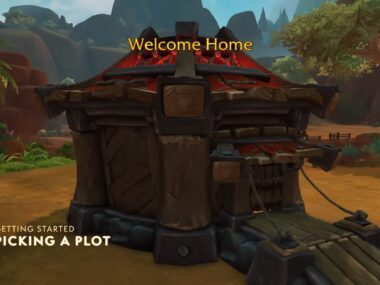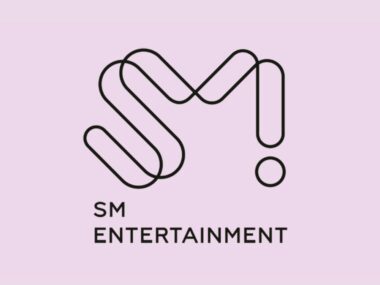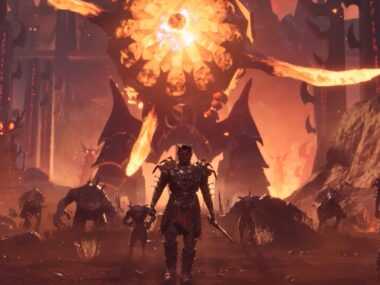There’s a good chance most video games will cost around $80. 2K Games is releasing a $150 collector’s edition of Borderlands 4 that doesn’t include the actual game. Nintendo is selling Game-Key Cards for third-party titles on the Switch 2 instead of actual cartridges. You’d think publishers would know better by now but they keep making these decisions. Why?
It’s Cheaper for Them, Not Better for You
Physical games are expensive to produce and ship. Modern games often require large downloads or frequent updates, making physical media less practical for some publishers. Going digital-only cuts costs and boosts profits.
Fans Keep Buying, So Companies Keep Pushing
Companies assume loyal fans will buy no matter what…and they’re often right. Publishers try to appeal to different people and superfans are willing to pay for high-end merchandise, even if it doesn’t include the game.
Companies often test how far they can push certain decisions before a major backlash can occur. If the backlash isn’t severe, then they’ll move forward with their plans.
Monkey See, Monkey Do
Once one company gets away with a bad idea, others follow. If $70 becomes the new standard, expect the price to go up over time. If a digital-only release works for one publisher, others will ditch physical too. It’s a domino effect of industry trends, regardless of what players actually want.
Short-Term Profits > Long-Term Trust
Most of these decisions are about boosting quarterly revenue. Even if they damage a company’s relationship with players, short-term gains win out.
The thinking is that enough players will still buy the product to justify the move. It’s risky but as long as people keep buying, companies see no reason to stop.
Why Do Gamers Still Support These Companies?
Research shows that positive experiences and strong impressions of a game or company build trust, which can lead to brand loyalty. Players who trust a brand are more likely to remain loyal, even when that brand does something that seems unfair or exploitative.
For some, there are no real alternatives. If you love Zelda, you’re going to play Zelda. If Final Fantasy is more your thing, you’re not switching just because Square Enix did something stupid. Some players will downplay or even ignore problematic behavior or policies, only focusing on positive aspects while minimizing the negative.
What Can Gamers Do?
You can start by speaking with your wallet. Cancel the preorder, skip the game on launch day, ignore the merch. You can speak out on social media, post reviews in online spaces like Steam. Companies will listen when the outrage is loud enough to hurt their bottom line.
You can support smaller developers and indie studios who adhere to ethical business practices. Real change needs real support behind it to make a difference. One person boycotting a company isn’t noteworthy. Thousands of players banding together can be a serious headache.
Gaming companies keep making dumb decisions because they think they can get away with it. And usually, they do. But the more players speak up and stand up for themselves, the harder it gets to keep ignoring them.






